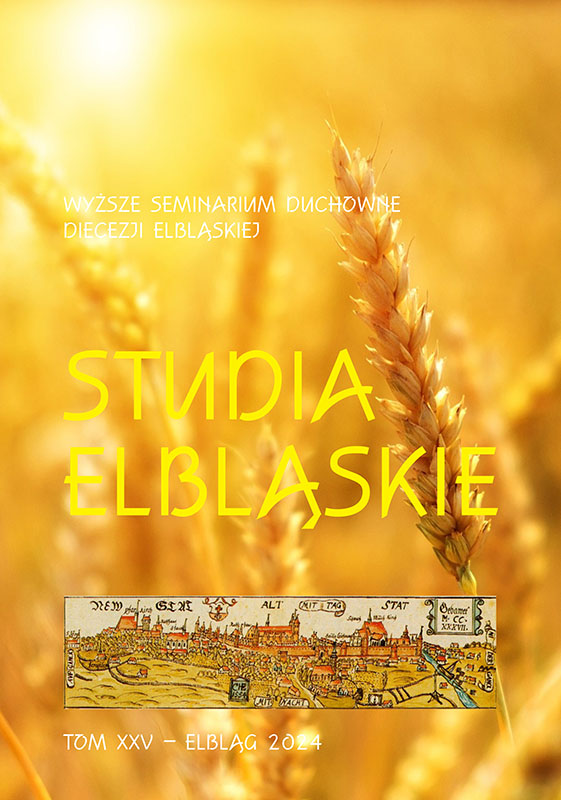Rozumienie władzy rządzenia (jurysdykcji) w świetle konstytucji apostolskiej „Praedicate Evangelium” z 19 marca 2022 roku
The understanding of the power of governing (jurisdiction) in the light of the Apostolic Constitution ‘Praedicate evangelium’ of march 19, 2022
Author(s): Adam Stefan OrnatekSubject(s): Christian Theology and Religion, Canon Law / Church Law
Published by: Wyższe Seminarium Duchowne Diecezji Elbląskiej w Elblągu
Keywords: apostolic constitution; Bishop of Rome; Roman Curia; ecclesiastical power to govern;
Summary/Abstract: After the Second Vatican Council, there was a need to adapt the work of the Roman Curia to the growing pastoral needs and to update the Code of Canon Law of 1917. This resulted in the reform of Pope Paul VI and he issued apostolic constitution Regimini Ecclesiae Universae. Pope John Paul II, announcing the Code of Canon Law of 1983, continued to read the thought of the Second Vatican Council and reformed the Roman Curia with the constitution Pastor Bonus. Both of the innovations carried out maintained the character of the substitute authority of this institution, while the managerial positions were reserved for clergy. Pope Francis has appointed to some positions of responsibility in the Roman Curia and in the Synod of Bishops persons who are not ordained but qualified to fulfill their tasks. The discussion about whether only clergymen can be useful collaborators with the pope in responsible positions brought the answer in the form of the apostolic constitution Praedicate Evangelium. This document emphasizes the equal dignity of the faithful resulting from their baptism. It conditions for missionary proclamation of the Gospel and bearing witness to faith. The power exercised in the Roman Curia is by nature vicarious.
Journal: Studia Elbląskie
- Issue Year: 2024
- Issue No: 25
- Page Range: 431-444
- Page Count: 14
- Language: Polish

